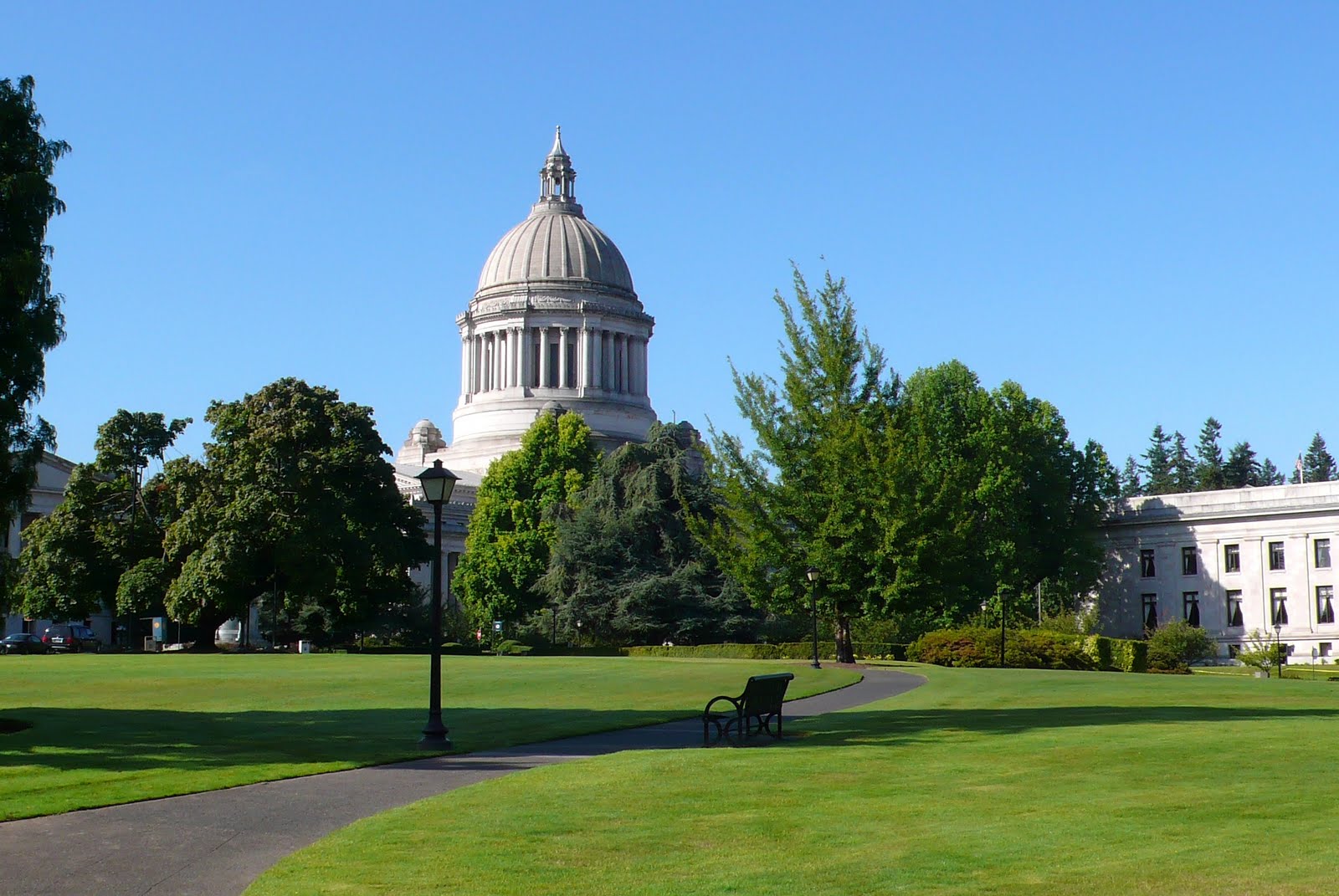The Senate Commerce and Labor Committee approved Senate Bill 5329 this week on a party-line vote. The bill opens government collective bargaining negotiations to the public by removing union exemptions from the state Open Public Meetings Act. Of course, the bill did not pass out of committee without contention—labor executives and Democrats were not pleased and their reactions grant valuable insight into the left’s non-existent commitment to government transparency.
The only testimony against the legislation during the committee hearing came from two union lobbyists. The Freedom Foundation,
Sofia Aragon of the Washington State Nurses Association contended that keeping the negotiations out of the public eye was necessary to ensure “frank conversations between the parties” and bemoaned that “opening these meetings changes the dynamics of negotiations.”
Vince Oliveri of Professional and Technical Employees Local 17 claimed that, while “[PTE] Local 17 is a full supporter of accountability and transparency in state government,” he opposed SB 5329 on the grounds that it would “throw our collective bargaining process into chaos.”
Echoing some of Aragon’s points about how “difficult-but-necessary conversations” would be hindered by a transparent process, Oliveri noted the tone of negotiations could shift with public oversight. He also implied that only “educated and experienced” insiders who have built up trust between each other are qualified to “craft the best possible solutions for both the employer and the employees.”
Both arguments centered on what best serves union executives. No mention was made as to how closed negotiations serves the interests of the taxpaying public. This response is typical from what we’ve come to expect from unions. The reactions of labor-backed Democrats offer the most telling comments.
According to the Freedom Foundation, Democrat Sen. Bob Hasegawa (longtime Teamster official) “couldn’t come to terms with the need for public access to the negotiations.” Hasegawa said, “What does [seeing how the parties conduct themselves in collective bargaining] have to do with the public interest? I don’t see any compelling public interest need there.”
An expert from the Washington Policy Center offered Hasegawa an explanation, pointing out the inherit public interest in government transparency particularly when a potential conflict of interest exists like the “governor secretly negotiating over public money opposite his biggest campaign donors.” Hasegawa was not happy with the remark. He said:
“The governor is responsible for representing the entire interests of the state of Washington, so I would take exception to the fact that you are saying that he is catering or any of the past governors or any future governors are catering to a special interest.”
The Freedom Foundation countered Hasegawa’s retort with the perfect response:
“The fact is, we don’t know (if the governor is catering to a private special interest group) because the negotiations are taking place behind closed doors. If he is, that would be something that the citizens of this state need to know and that can only be done through a more transparent process.”
Democrat Senators Steve Conway (longtime UFCW official) and Karen Keiser (former communications director for the WSLC) gave up all pretense of attempting to debate their side by offering reasoned arguments, likely because they lacked them and knew it. The senators introduced two amendments out of protest. Conway admitted the amendments were “way outside the title of the bill” and claimed they were intended “to expose the kind of idiocy we have going on here.”
Republican committee chair Sen. Michael Baumgartner responded that he would take the “satirical” amendments seriously if he thought it would make difference for their support of the underlying bill. Since Conway and Keiser would vote against they bill anyway, he wouldn’t waste time on them.
The distance Democrats would go to protect the interests of big labor at the expense of public interest reveals where their priorities lie. Clearly, labor-backed Democrats would happily sacrifice public interests—and government transparency—if it means big labor continues to receive special privileges.




